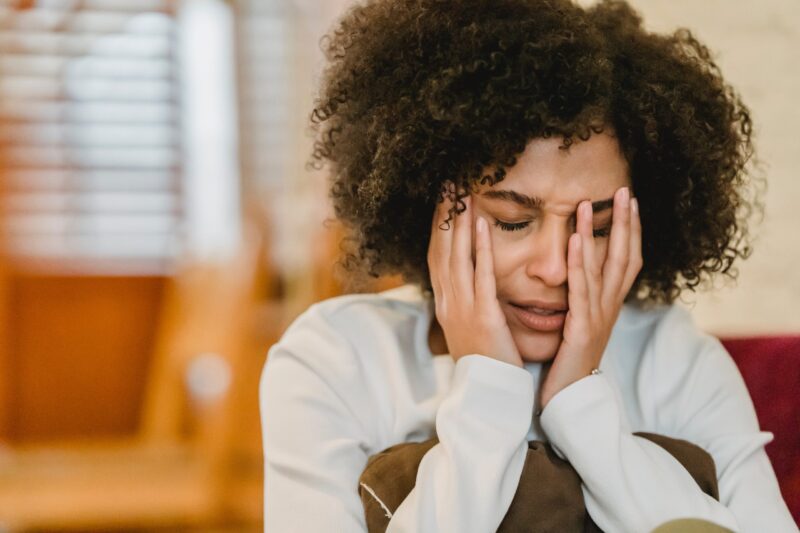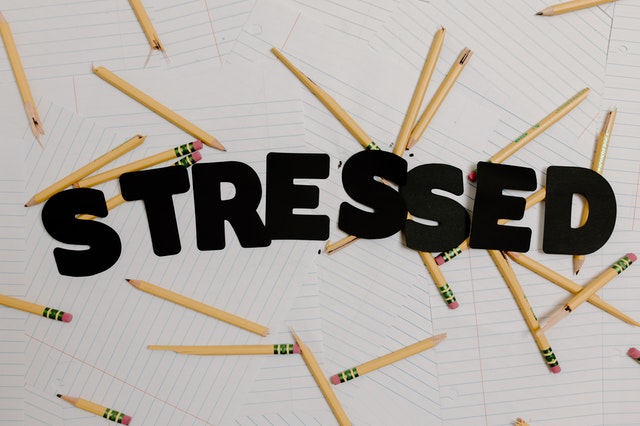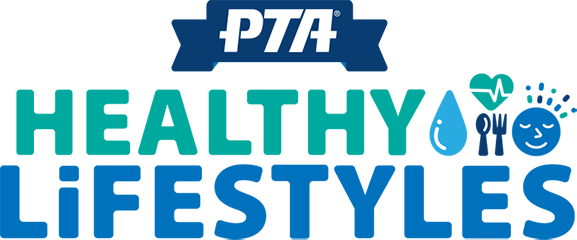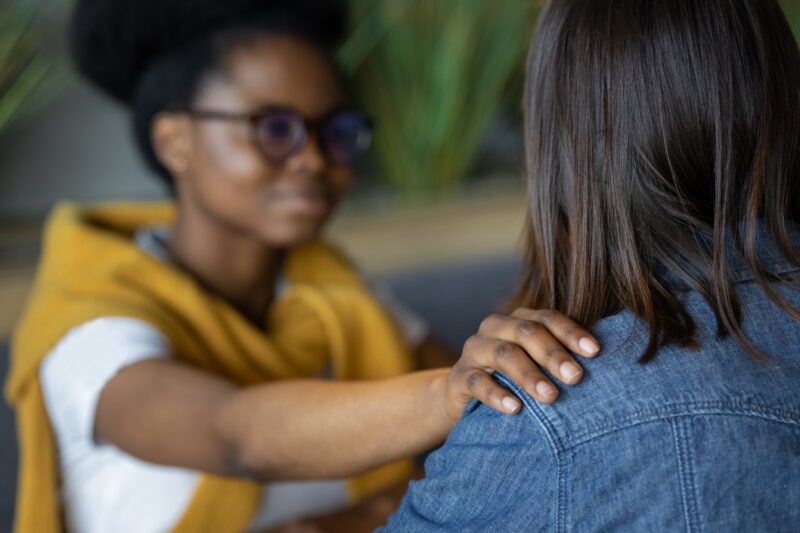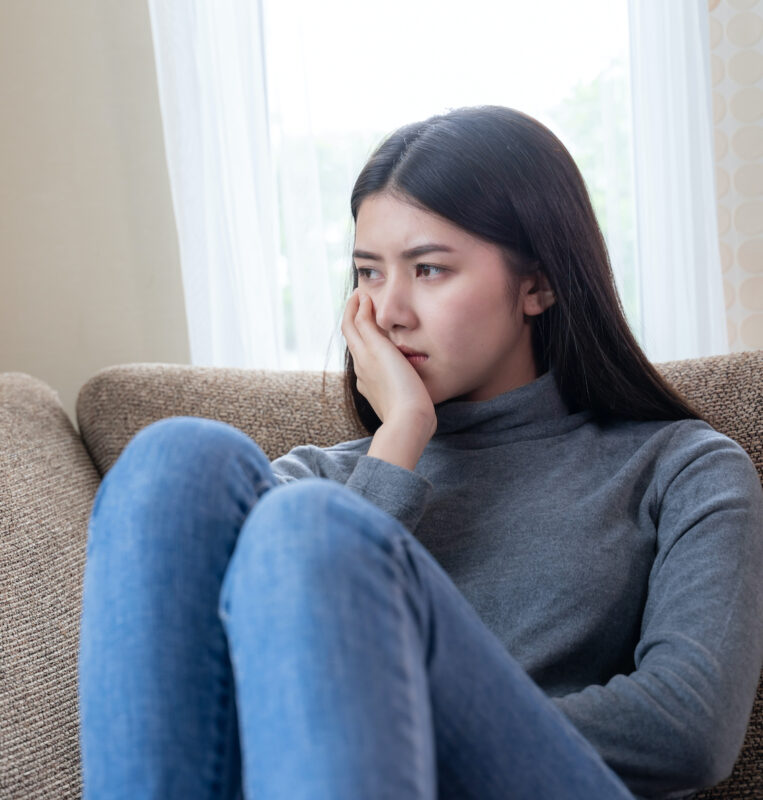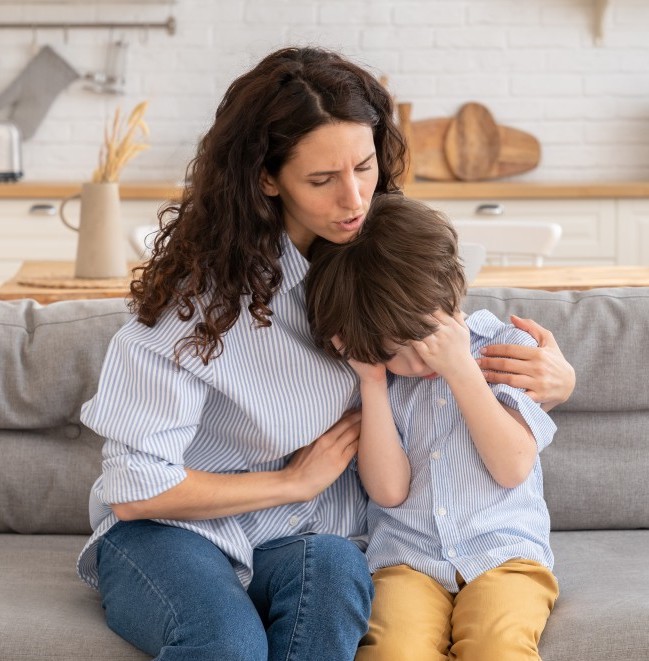
War, Crisis, Tragedy: How to Talk With Kids When the News is Scary
Hear what child development experts have to say about what parents, teachers and other caregivers can do to help prepare and protect kids from all the scary news out there, whether it’s fighting overseas, a school shooting, devastating wildfire or Read more >>
